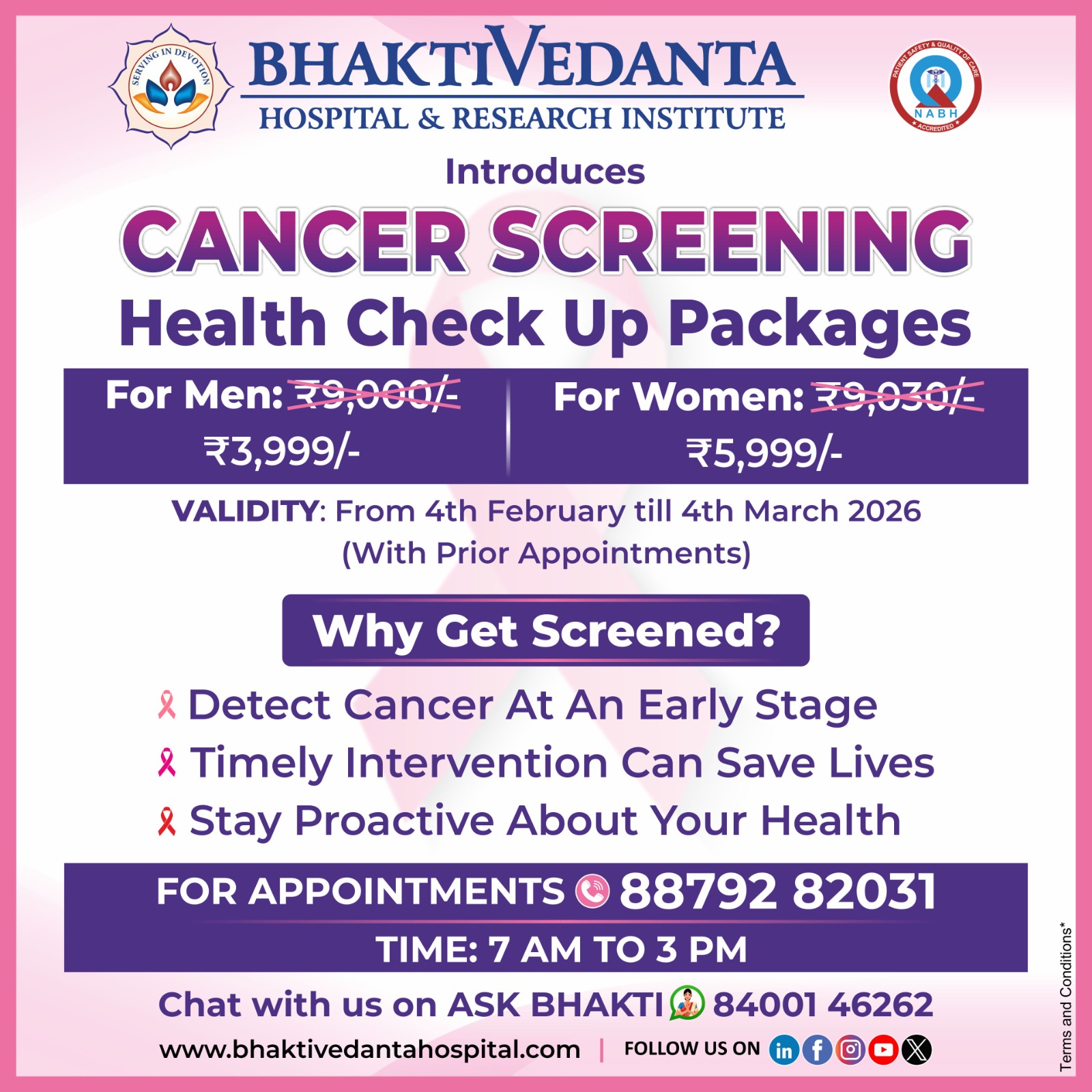Acupuncture

Overview

Alternative Medicine to Promote Self-healing
The Acupuncture Clinic at Bhaktivedanta Hospital & Research Institute has been actively functioning since the inception of the Hospital. Acupuncture is a 3,000-year-old healing technique of Traditional Chinese Medicine.
Traditional acupuncture practitioners believe the human body has more than 2,000 acupuncture points connected by pathways or meridians. These pathways create an energy flow (Qi, pronounced "chee") through the body that is responsible for overall health. Disruption of the energy flow can cause disease. By applying acupunture to certain points, the flow of Qi is improved, thereby improving health.
In 1997, the U.S. National Institutes of Health (NIH) documented and publicised Acupuncture’s safety and efficacy for treating a wide range of conditions.
Acupuncture is considered to be a family of procedures, not one single exact approach to pain or disease management. All Acupuncture practices involve the stimulation of specific points on the body using a variety of techniques, usually needles. Acupuncture is usually done by hand, with a trained practitioner carefully inserting the needles into specific points in the body very shallowly into the skin. Normally about 10 to 20 thin needles are used at one time. The needles are small enough to fit inside of a normal-sized needle that would be used to take blood, making the process painless for most people. To ensure utmost safety, our clinic uses disposable needles.
There are other techniques of Acupuncture that use light electrical stimulations that flow through the needles. We also provide Magnet Therapy for children and adults as per the need.
Our Acupuncturist is a registered MBBS Doctor ensuring to provide holistic treatment to our patients.
Why Choose Us
- We treat every patient and his needs individually as per their issues to ensure better results
- We use modern variation acupuncture that uses electrical stimulation to treat patients
- We use disposable needles to ensure safety of patients
- Registered MBBS Doctor and Acupuncturist to provide holistic treatment to patients
- Magnet Therapy facilities available for children and adults as per the need
FAQs
Surprisingly, although needles are used in Acupuncture, treatments are relatively pain-free. In fact, one of the most popular uses of Acupuncture is to reduce chronic pain throughout the body in a natural way, without the need for medications that can cause unwanted side effects.
Acupuncture points are believed to stimulate the central nervous system. This, in turn, releases chemicals into the muscles, spinal cord, and brain. These biochemical changes may stimulate the body's natural healing abilities and promote physical and emotional well-being.
We use disposable, sterile, non-toxic, and labelled for single use needles only. An individualised treatment plan that includes the expected number of treatment sessions will be discussed during your initial visit.
Many Americans seek acupuncture treatment for relief of chronic pain, such as arthritis or low back pain. Acupuncture, however, has expanded uses in other parts of the world. Before considering acupuncture, talk to your doctor. Conditions that may benefit from acupuncture include the following:



